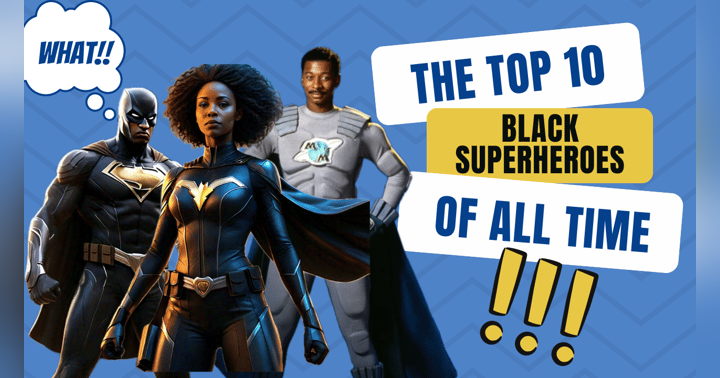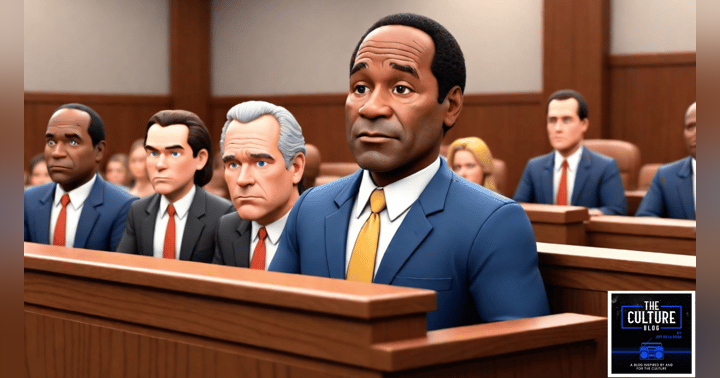The Birth of Hip Hop: How a Group of Bronx Youth Created a Cultural Revolution

As Hip Hop turns 50 years old, we decided to dedicate a blog post to the history of Hip Hop as a musical genre and a cultural movement.
In the early 1970s, the African American and Latinx populations of the Bronx in New York City saw the birth of the Hip-Hop cultural movement. Since then, it has spread around the world, affecting everything from popular music to fashion to even language.
Hip hop's emergence as a cultural movement is largely credited to a bunch of teenagers who lived in the Bronx in New York City in the 1970s. DJ Kool Herc, Afrika Bambaataa, and Grandmaster Flash are among these people, who are frequently referred to as the "founding fathers" of hip hop.
The use of two turntables and a mixer to produce a continuous loop of music, which is now a standard of hip hop music production, is commonly credited to DJ Kool Herc, whose real name is Clive Campbell. He is also credited with creating the phrase "breakdancing," which describes the dance form frequently connected to hip hop.
Kevin Donovan, better known by his stage name Afrika Bambaataa, is another significant contributor in the early development of hip hop. His cultural and social organization, the Universal Zulu Nation, which he founded, played a key role in bringing the hip-hop movement outside of the Bronx and into other regions of New York City before eventually becoming global. Bambaataa is also recognized with encouraging the use of dancing as a key component of hip hop culture and with aiding in the development of the early styles of hip hop music.
Hip hop is a musical style that frequently combines elements of funk, soul, and R&B. It is distinguished by its use of rhymed lyrics and beats. Hip-hop song lyrics frequently touch on both personal experiences and societal and political themes.
Hip hop culture includes more than just music; it also includes breakdancing, graffiti art, and fashion. Graffiti art, usually referred to as street art, is a type of visual art that is frequently found on the walls of buildings and other public spaces.
Hip hop has significantly influenced popular culture and is renowned for promoting social change. It has helped raise awareness of issues like racism, poverty, and police brutality while giving voice to underrepresented populations.
It has become the soundtrack to not only the lives of urban youth, but also the marketing technique used to attract the masses in any and facets of television and multimedia.
In conclusion, hip hop is more than just a musical genre; it is a phenomenon in culture that has had a significant impact on society. It has helped to promote social change by giving underrepresented groups a voice. Hip hop is a crucial part of popular culture and urban expression thanks to its unique blend of music, fashion, and art.
Hip hop's exact origins are unknown; however, it is certain that these trailblazing people played a significant role in the movement's growth. Their breakthroughs in music, dance, and cultural expression laid the groundwork for one of the most significant cultural movements of the 20th century.










